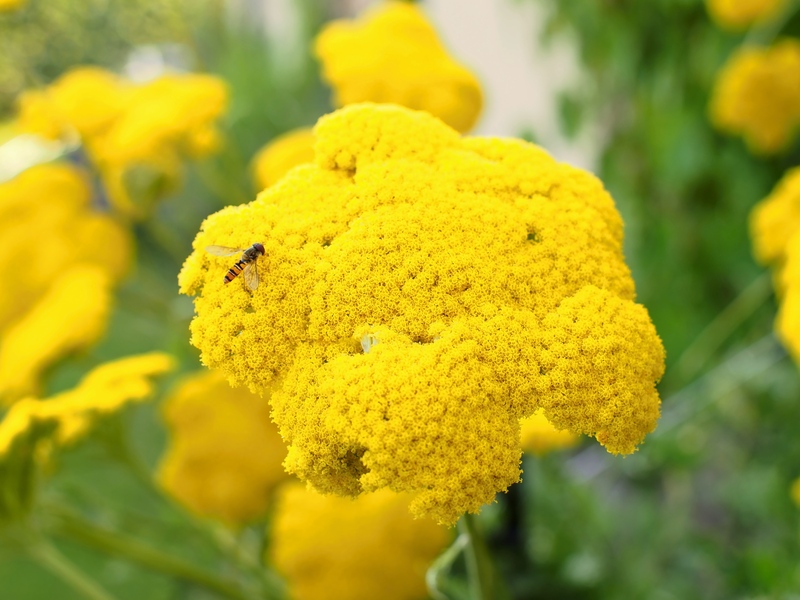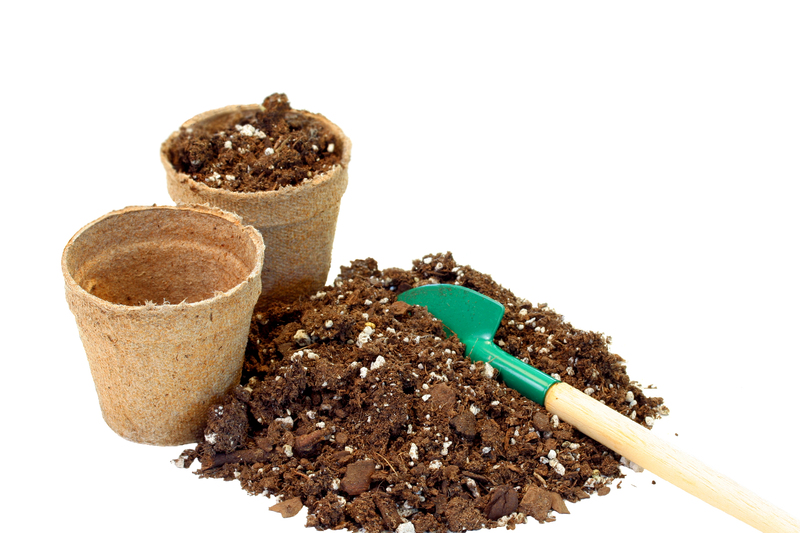Familiar with Your Agronomic Zone?
Posted on 15/09/2025
Familiar with Your Agronomic Zone?
In the world of agriculture, understanding your agronomic zone is crucial for the successful growth of crops. Whether you are a hobby gardener or a professional farmer, knowing your agronomic zone allows you to make informed decisions about which plants will thrive best in your environment. This article delves into what agronomic zones are, how to determine your zone, and the pros and cons of knowing this essential piece of information. We'll also offer practical tips and key takeaways to help optimize your planting strategies.
What is an Agronomic Zone?
Agronomic zones, also known as plant hardiness zones, are areas defined by specific climatic conditions. These zones consider factors such as minimum and maximum temperatures, rainfall, soil type, and the length of the growing season. Understanding these parameters helps farmers and gardeners determine which crops are best suited for their region.

How to Determine Your Agronomic Zone
The easiest way to determine your agronomic zone is to consult a plant hardiness zone map. These maps are usually produced by agricultural institutions, such as the USDA in the United States, and are readily available online. By entering your geographic location, you can pinpoint your specific agronomic zone.
The Importance of Knowing Your Zone
Knowing your agronomic zone is vital for several reasons. First, it helps in selecting the right crops. Planting crops suited to your zone increases the likelihood of a successful harvest. Second, it aids in planning the planting and harvesting schedule, allowing you to dodge weather-related challenges. Lastly, it enables you to better manage pests and diseases, which tend to proliferate in specific climatic conditions.
Pros of Understanding Your Agronomic Zone
- Optimized Crop Selection: Knowing your zone enables you to choose plants that are most likely to thrive in your climate.
- Improved Yield: Aligning your planting with the best-suited crops for your zone results in abundant yields.
- Cost-Efficiency: Reduces the need for spending on climate control and additional resources for plant care.
Cons of Understanding Your Agronomic Zone
- Limited Crop Variety: Being confined to crops suited for your zone may limit experimentation with diverse plants.
- Misleading Microclimates: Your zone may not accurately represent specific microclimates within your region.
- Over-reliance: Putting too much stock in these zones may lead to complacency and neglect of other important factors like soil health and pest management.
Tips for Leveraging Your Agronomic Zone
- Know Your Zone: Use an authoritative source to get accurate information about your agronomic zone.
- Combine Data: Cross-reference your zone information with other crucial factors like soil quality and water availability.
- Stay Updated: Climate change can alter agronomic zones over time, so stay informed with the latest maps and data.
- Experiment Wisely: While the zone provides guidelines, don't hesitate to experiment with different crops cautiously.
- Consult Experts: Professionals can offer insights that can help you optimize conditions for your chosen crops.

Key Takeaways
- Agronomic zones are crucial for determining the suitability of crops for your region.
- Properly assessing your zone can lead to optimized crop selection, improved yields, and cost-efficiency.
- Be cautious of the limitations of agronomic zones, such as microclimates and over-reliance on these zones alone.
- Use additional data and expert advice to complement zone information for best results.
Conclusion
Understanding your agronomic zone is an indispensable part of effective agricultural practices. It provides guidance on crop selection, planting schedules, and disease management, ultimately leading to better yields and efficient resource use. However, it is essential to be aware of the limitations and to use a combination of information sources to make the best decisions for your agricultural endeavors. By staying informed and cautious, you can turn the knowledge of your agronomic zone into a powerful tool for successful farming and gardening.
Latest Posts
Essential Tools for Passionate Gardeners
Top 9 Gardening Tips for Newbies
Top Edible Wild UK Plants and Flowers



